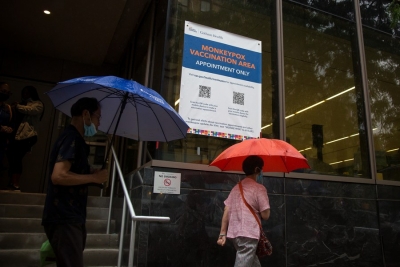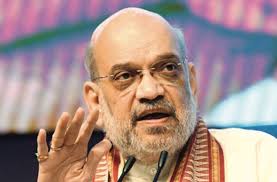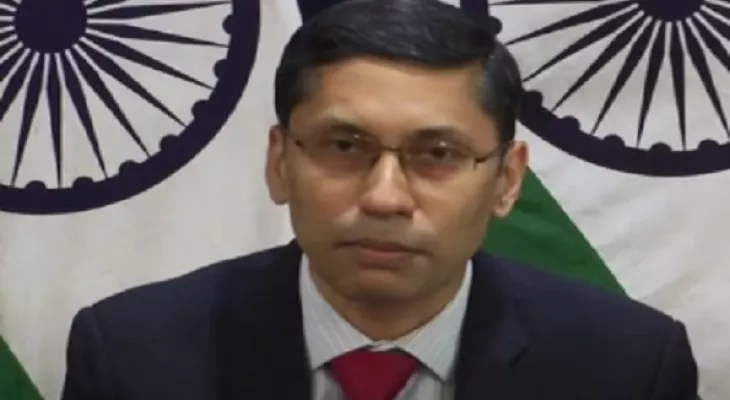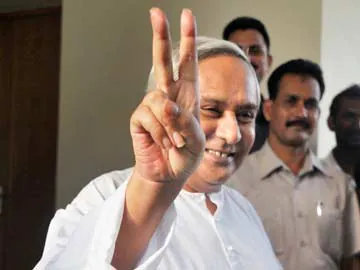
New Delhi, Jan 1 : With a looming threat of Covid-19 infection again to grab the country, the year 2022 has come to an end. After China and some other nations started reporting surge in the Covid cases, the Health Ministry came into action with several preventive measures and RT-PCR tests made mandatory for those coming from five countries.
The year gone by also has been a reminder that India has not only the threat of Covid infection, but also of other viruses.
The Covid-19 trajectory in India experienced a sharp increase during March-May 2021, however, since May 2021, the trajectory has witnessed a considerable and sustained decline.
Owing to Government of India’s five-fold strategy of test-track-treat-vaccinate and Covid appropriate behaviour through a ‘Whole of Government and Whole of Society’ approach, India has been able to limit the disease per million as 32,775 cases per million and 389 deaths per million population (as on November 25, 2022) were reported.
A three-tier arrangement of health facilities was created for appropriate management of Covid-19 cases, – Covid Care Centre with isolation beds for mild or pre-symptomatic cases, Dedicated Covid Health Centre (DCHC) with oxygen supported isolation beds for moderate cases, and Dedicated Covid Hospital (DCH) with ICU beds for severe cases have been implemented.
As on November 25, 2022, there were a total of 23,988 Covid treatment facilities with 17,93,310 dedicated isolation beds, including 5,15,001 oxygen-supported isolation beds and 1,45,014 ICU beds that also includes 63,850 ventilator beds.
The year also proved that Covid-19 is not the only virus that causes worry. India witnessed also cases of monkey pox, tomato flu, black fungus and measles as well as lumpy skin disease in cattle.
“Such type of virus has always been there, but due to the Covid pandemic it has come to the notice prominently. As we are going through the pandemic, the routine health exercise has suffered more or less. Additionally, our immune mechanism has also been compromised due to the pandemic that’s why such viral diseases have come to the notice,” said Dr Suneela Garg, HAG Ministry of Health and Member Lancet Commission on Covid-19.
Dr Garg said that we have observed the measles cases as the vaccination programme was affected somewhere due to the pandemic and also no proper treatment was available for Tuberculosis due to the ongoing Covid vaccination programme.
The Monkeypox outbreak was first reported in India on July 14, 2022 when Kerala’s State Health Minister Veena George announced a suspected imported case which was confirmed hours later by the NIV. India was the 10th country to report Monkeypox case in Asia and the first in South Asia.
The Indian Council of Medical Research (ICMR), apex body for the formulation, coordination and promotion of biomedical research, conducted the investigation and diagnosis of Monkeypox Virus (MPV).
It also isolated and cultured the MPV. The ICMR also developed the laboratory investigations for Lumpy Skin Disease Virus outbreak to support the regional veterinary diagnostic laboratories.
“Along with Covid, Influenza has been doing the rounds, accounting for almost a sixth of lower respiratory tract infection in parts of India. RSV or respiratory syncytial virus, is another virus that saw a global increase in cases, and several young children were affected in India too. RSV commonly causes mild self limiting upper respiratory illness in children, turning severe only in very few.
“As correctly predicted earlier by several experts in India, and contrary to some alarmist forecasts elsewhere and also from within the country, children in India did not suffer significant lung disease or deaths from Covid-19,” said Dr Rajeev Jayadevan, Co-chairman, National IMA Covid taskforce.
Dr Jayadevan said that Monkeypox was another virus that created a scare, having quickly spread to multiple countries at once. Although it was commonly reported in African countries in the past decades, this was the first global outbreak.
Tomato flu also created unwarranted anxiety among the lay public in India. A benign, self-limiting illness caused by parvovirus that spreads among children periodically in many countries, the unscientific term Tomato Flu attracted disproportionate attention.
Endemic to India, Dengue virus unfortunately continues its outbreaks, causing fever, body ache and suffering among many, and deaths in a few.






